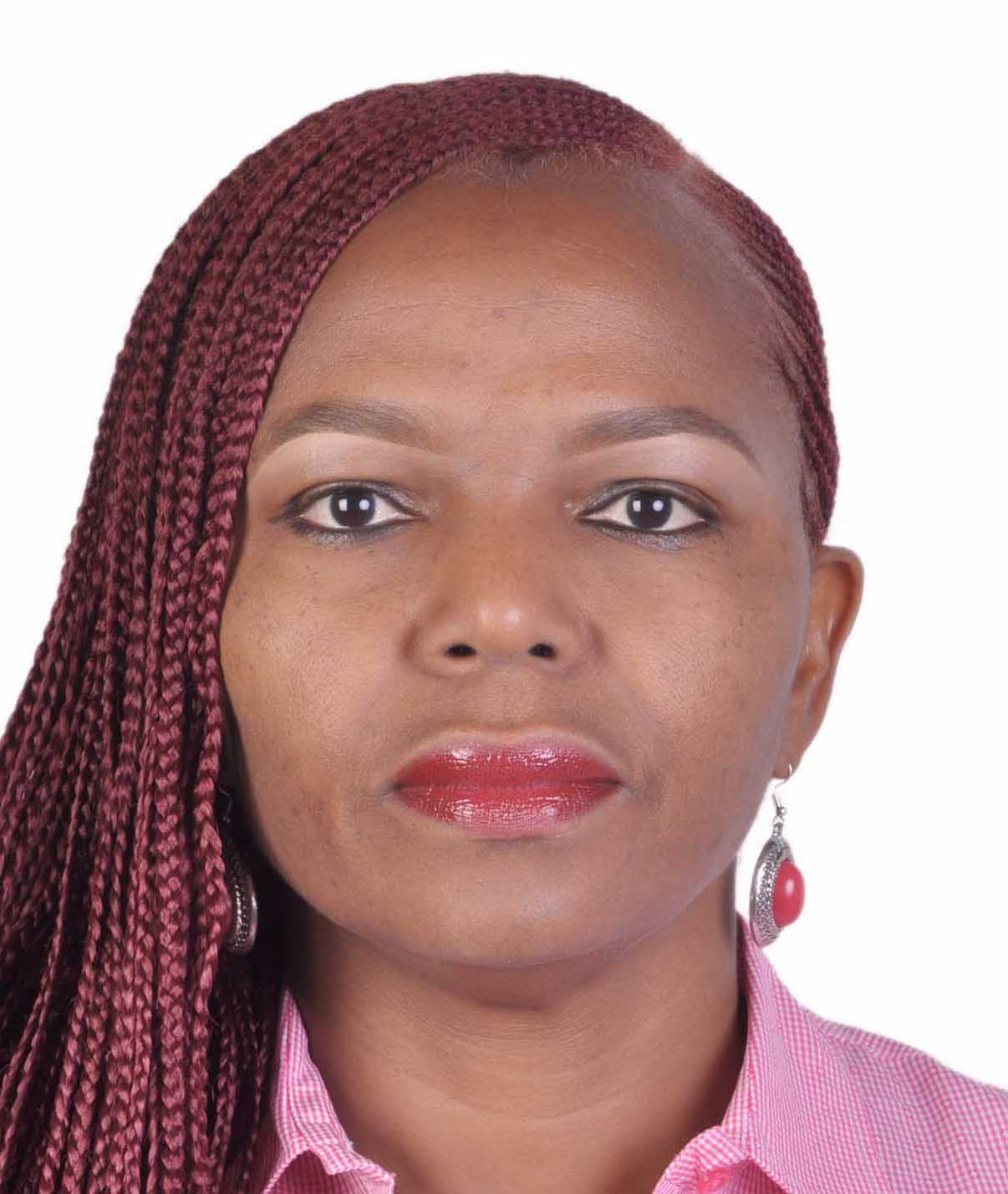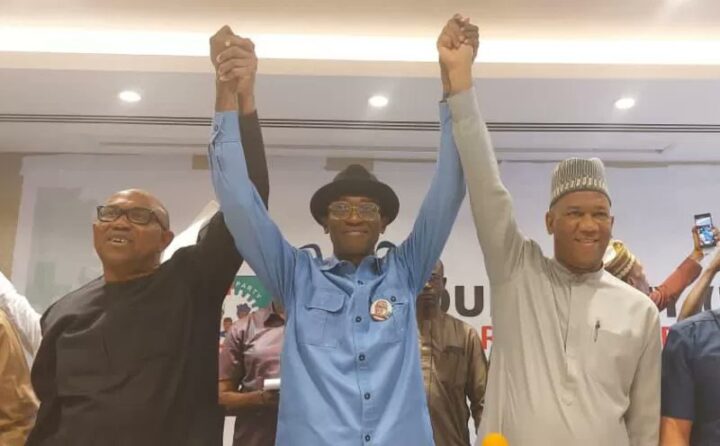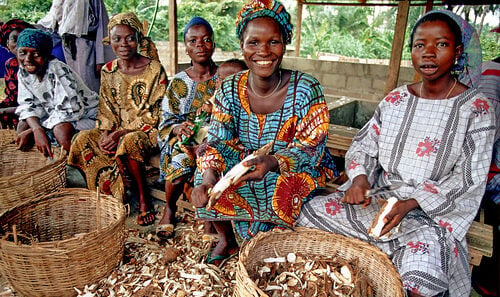Nigeria’s general elections take place next February 2023, hopefully. While the official campaign season begins in October, other things are beginning to take shape: All the major parties have concluded their primaries, and the electorate knows the identities of almost everyone seeking office, except for people like Pastor Kris Okotie, of The Household of God Church. I take his reported actions and hand him the presidential ticket an awkward attempt at giving Nigerians some comic relief. Still, as far as presidential candidates go, the People’s Democratic Party, PDP, was the only party which came up with its vice-presidential candidate relatively early. Even the ruling All Progressives Congress, APC, has yet to announce its bonafide VP. For no Masari acts as a placeholder VAPE. Peter Obi, the Labour Party’s presidential candidate only just announced Yusuf Datti Baba-Ahmed as VP on Thursday, July 7, 2022. Former presidential spokesman, Dr. Doyin Okupe acted as the placeholder VP.
At the time, some people made a big issue of the whole placeholder. There are some that would argue that the current occupier of Aso Villa since 2015 is not more than a glorified placeholder. Of course, the PDP couldn’t pass up this opportunity to crow about being the only party that’s ready, having announced Delta State governor, Arthur Ifeanyi Okowa as VP candidate. But if PDP as an opposition party had been a true opposition party these past seven years, surely, they more than anyone else should be most ready?
Now that the placeholder thing has lost its bite, all the talk is about structure or the lack of structure. We hear about how some have structure, and some don’t. But we don’t hear enough about what kind of structure it is because you can have a structure that’s a conglomeration of like-minded crooks or a structure that’s oiled with stolen government money. In other words, no one is sure how this structure benefits ordinary Nigerians who are in the millions.
Anyway, let’s talk about structure some more and those who supposedly have structure. Former vice-president in the Obasanjo administration, Alhaji Atiku Abubakar is the PDP presidential candidate. Atiku has been contesting presidential elections since Nigeria’s return to democracy in the late 90s. He was also vice-president for eight years, among other things. So, of course, he has structure. PDP also likes to pride itself as the party with the most diverse spread across Nigeria. But what do we have to show for this? What has the north, Atiku’s home state, gained from his structure? Is it the fact that the north has the largest number of out-of-school children? Does Atiku’s structure show up in the health sector? Dare I mention security or rather an insecurity? The north has so much insecurity it’s now exporting to other states.
Advertisement
What about infrastructure? I’m told that Adamawa, Atiku’s state Adamawa (he’s Turaki Adamawa) has perhaps the worst roads in Nigeria which is a feat in Tunde Fashola’s roads. In 2013, we gave our car to our nephew to travel to Adamawa for his marriage introduction. Let’s just say the car came back with very expensive problems. I could only imagine the state of these Adamawa roads because the driver, Monday, is usually a glass-half-full kind of person, as easygoing as you can imagine. But on the issue of Adamawa roads, he wasted no time or words in announcing that: “the road baaad.” In fact, my late aunty Elo, who’d attended a colleague’s event in Adamawa was adamant that she’d never go on the Adamawa roads even if she were given a million naira (this was when Naira still had some value) and 1 million naira meant something.
The next presidential candidate who supposedly has structure is the former Lagos State governor and the APC candidate, Bola Ahmed Tinubu, also a former senator. No doubt he does have some structure. So, let’s check how this structure has benefitted Lagos. Lagos consistently fights to beat cities in war-torn countries Syria to the first prize as the most unliveable city in the world. I lived in Lagos for 17 years and have some fond memories just because I began my career, got married, and had all my children in Lagos but it would take a lot for me to move back to Lagos.
Structure or no structure, after APC’s rudderless leadership of Nigeria during which time they managed to snatch Nigeria out of the jaws of development and progress to where the country has been declared the poverty capital of the world, overtaking both China and India to clinch the ‘top’ spot. I’m in awe each time I talk about this. How does a country of a purported 230 million people overtake two countries with a combined population of over 3 billion people? How is the response to the bleakness APC has thrust upon Nigeria, rewarding them without 8 years? Not to mention the fact that Tinubu has yet to condemn any of the atrocities being committed. In fact, he’s boasting that he’s one who begged Buhari not to despair, and to return to partisan politics. This means we can hold him responsible for how the man he claims to have politically resurrected is flogging Nigerians with scorpions.
Advertisement
You must have an idea where all this is headed. The person without structure, yet who is giving those with structure so much headache is Peter Obi of the Labour Party. I know some of the fixations on Obi is to distract from their emptiness, but one still must wonder. I’m not here to argue about who has or doesn’t have structure. Or how good or bad the structure is. The question remains: How have we fared ‘upon all’ the structure? In other words, who structure ’epp? I am even more surprised at the number of supposedly informed commentators who have jumped on this structure bandwagon. Meanwhile, there’s a real need to scrutinise some of the much-touted structures held in place by questionable resources. Anyhow, this is not the last on this topic as we’re surely going to it.
Add a comment







